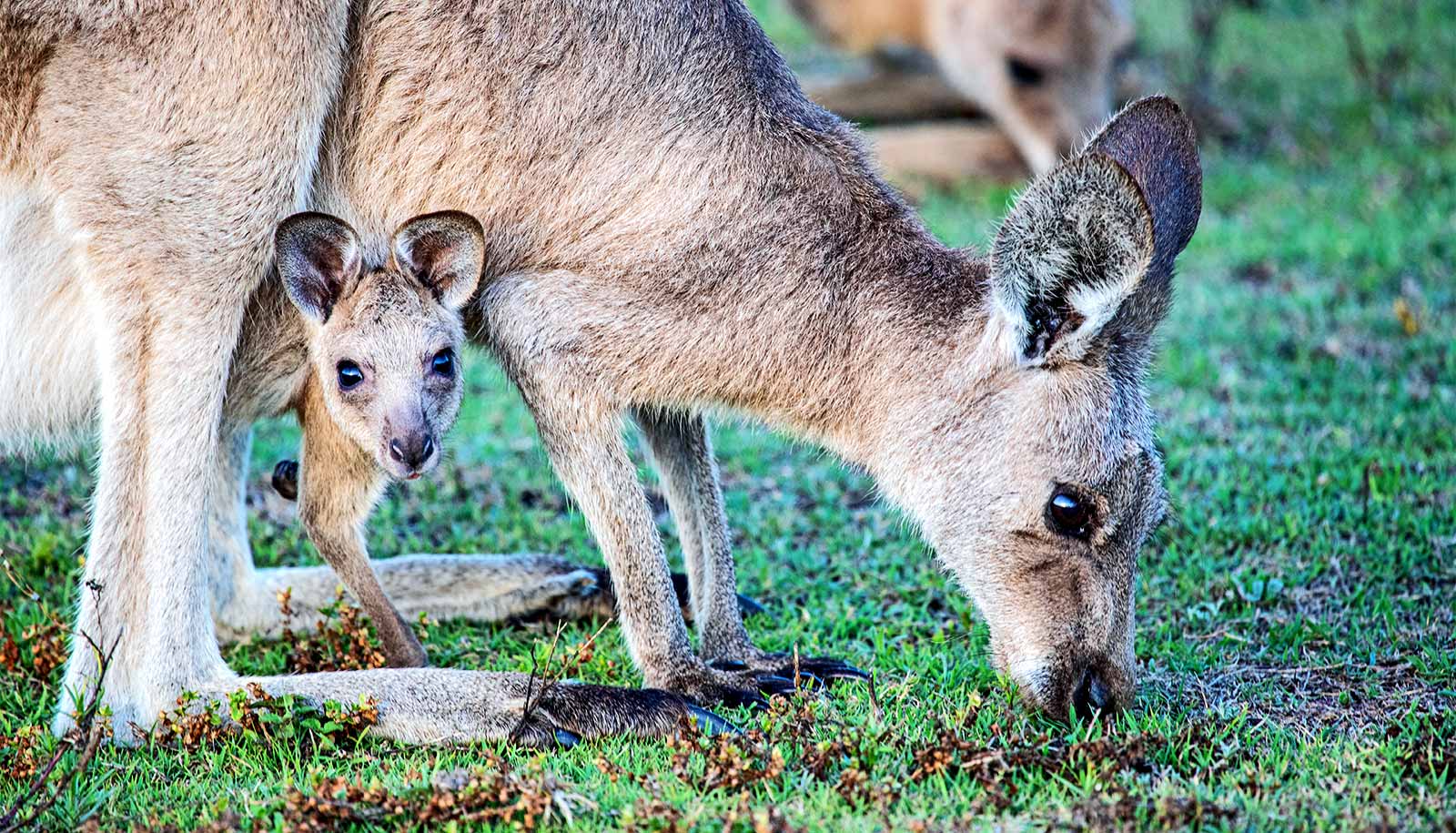
How huge migrating animal puppets captivate in ways that climate news can’t
Beyond theatres, puppets can affect people in everyday spaces, just as The Herds does.
today • 5 min • Source
A herd of puppet animals is migrating north from Africa. This 12,000 mile journey represents wildlife’s response to the climate crisis as species are forced to move north due to rising temperatures. As The Herds travels through the UK en route to the Arctic, the organisers hope this artistic project will help spectators along the route understand what is happening to the environment.
Events like this are “louder than traffic”, according to US-based puppeteer Peter Schumann. The giant puppets are a visual tool to capture the public’s imagination.
Over the past 30 years working as a theatre scholar, I have observed that puppetry has become an important artform for telling stories that explore the way we respond to and interact with nature.
Like traditional street theatre such as Punch and Judy, puppets grab the audience’s attention against the backdrop of everyday life. Now with the rise of social media, modern culture is now even more visually oriented. Puppetry is a big hit in these new digital spaces, according to some researchers.
The Herds project was created by a theatre company called Little Walk after the success of Little Amal, a Syrian refugee puppet project about human migration and climate relocation. One of the Little Amal puppeteers told me that, ironically, it was easier for the puppets to cross borders but the human artists and puppeteers had to take major detours to carry out the Little Amal project in 17 countries.
The Herds aims to inspire people to think about the direct consequences of the climate crisis as the animal puppets travel from Africa to the Arctic. Puppeteers animate the life-size puppets in full view of the audience. As each puppeteer focuses on moving the puppet, they transfer their energy and emotion into the puppets body.
I was trained in these techniques during the 1990s. I know that when a performer intensely focuses on a performing object, the result is mesmerising. It can enable the audience to feel empathy for another non-human being. The aim is to cut through discourses and affect people directly with images performed beyond language and local agendas.
Puppetry is both an interdisciplinary and interactive artform that is as old as human culture. Animated figures have been employed in both the popular spaces of folk theatres and the avant garde spaces of high art. Puppet characters can tell very simple stories in slapstick shows or speak to complex issues in projects like The Herds.
Even having researched puppetry in communities for more than three decades, the many varied uses for puppetry continue to surprise me. Beyond theatres, puppets can affect people in everyday spaces, just as The Herds does. My book, published in 2024, explores how the popular global practice of puppetry by communities and groups brings pleasure through both making and performing with puppets.
Communicating complexity
In 2023, I collaborated with scientists at the Centre for Enzyme Innovation at University of Portsmouth who are developing enzymes that can break down plastic waste. We found that puppets could help to communicate complex science about innovative recycling to audiences through workshops and a showcase event. The puppets as entertaining figures symbolising ideas could animate the science and engage audiences in a playful and non-elitist fashion.
Puppetry is a powerful and engaging art form that can capture the imagination of audiences globally. Even during our advanced technological times puppetry is still employed both by technologies - for example our own XR lab used puppets recently exploring their use with avatars.
With successful West End productions in London such as Lion King and War Horse (a show which changed the fortunes of the National Theatre, puppetry has become mainstream in the UK. Now with The Herds, animal puppets are having a global reach.
Don’t have time to read about climate change as much as you’d like?
Get a weekly roundup in your inbox instead. Every Wednesday, The Conversation’s environment editor writes Imagine, a short email that goes a little deeper into just one climate issue. Join the 45,000+ readers who’ve subscribed so far.
Matt Smith receives funding from Royal Academy of Engineering for the enzyme puppet project.


